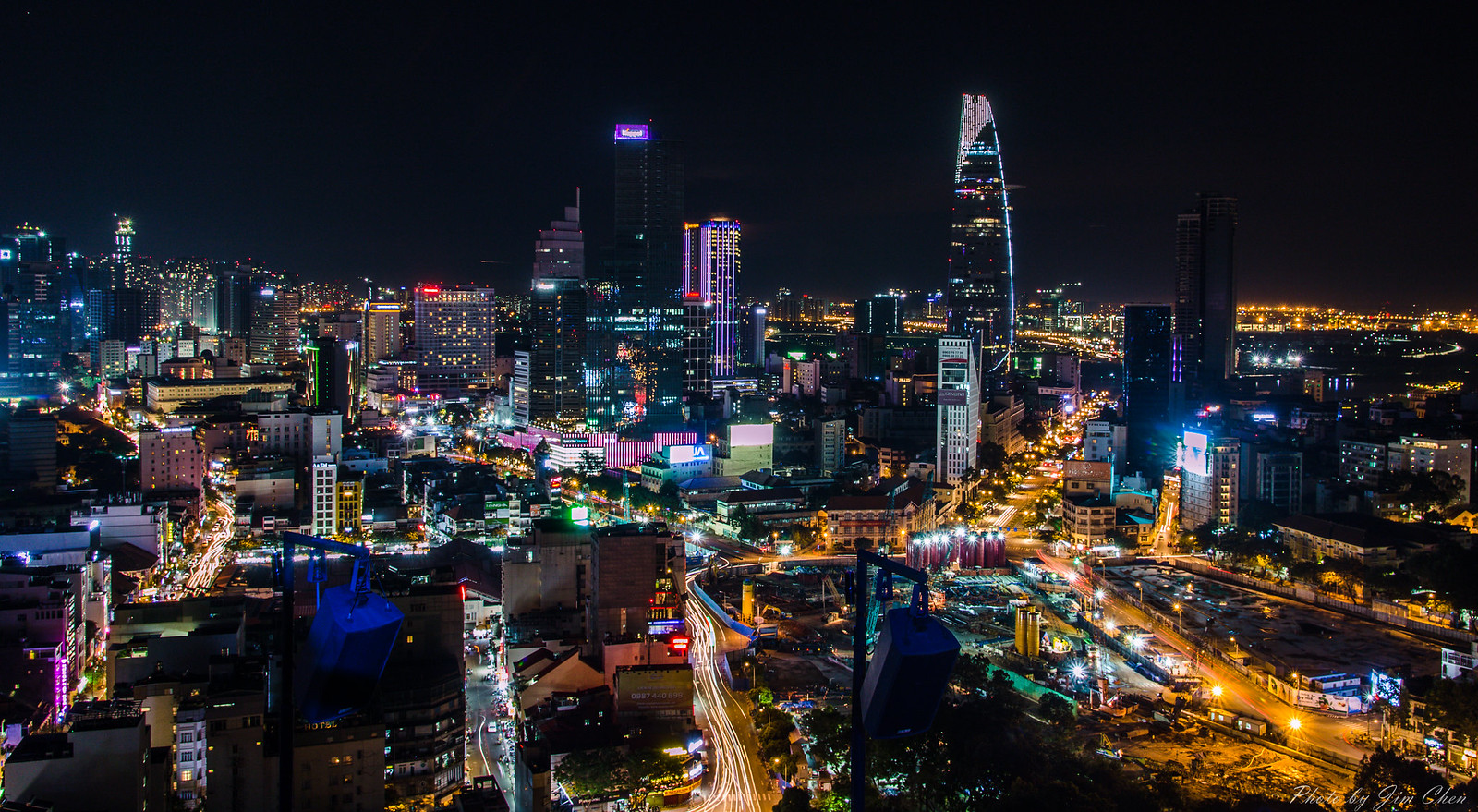VIETNAM: INTERNATIONAL INDUSTRIAL DESIGN REGISTRATION APPLICATIONS IN VIETNAM UNDER THE HAGUE AGREEMENT

Author: Daniel Grief, Hau Nguyen
On September 30, 2019, the Government of Vietnam deposited its instrument of accession to the Geneva Act (1999) of the Hague Agreement. Then, on December 30, 2019, the Geneva Act (1999) entered into force in Vietnam.
On December 17 and 19, 2019, the Intellectual Property Office of Vietnam (“IP Vietnam”) organized Conferences in Hanoi and Ho Chi Minh City to introduce the Hague Agreement system for international industrial design registrations, namely to declare the opening of the examination process and to educate applicants, Vietnamese lawyers, etc. on how to use the system.
Both Conferences had more than 100 delegates attend from industrial property agencies, businesses, law firms, research centers and universities that have an interest in designs and regularly apply for designs. In addition, many officials from Intellectual Property Office of Vietnam attended.
The most-discussed content at the Conferences were issues related to Vietnam’s requirements for joining the Hague Agreement. In other words, there was keen interest in Vietnam’s requirements for applications and the examination procedures for industrial design applications that designate Vietnam. When joining the Hague Agreement, Vietnam attempted to harmonize the existing legal differences between Vietnam’s current domestic industrial registration applications and applications registered through the Hague System.
Another issue of keen interest to attendees of the Conferences were ways to apply for designs through the Hague System. Unlike applications for trademarks filed through the Madrid system for international trademark registrations, applicants applying for industrial design registration through the Hague system can submit applications directly to the International Bureau without having to submit a national application, as well as without having to submit an application through the Intellectual Property Office of Vietnam (“IP Office”). Rather, applications can be mailed or submitted online via the World Intellectual Property Organization (“WIPO”) portal. In addition, the IP Office acts as an intermediary to receive and send Vietnamese applicants’ applications to the International Bureau.
According to the Vietnam Minister of the Science and Technology Mr. Chu Ngoc Anh, the Hague System was established to register industrial designs in countries by using a single application filed through WIPO’s International Office using a unified currency (the Swiss franc). Under the Hague process, Applicants no longer need to file separate applications in each country to register their designs. This process is efficient and cost-effective for applicants to register their designs and to handle validity extensions, ownership transfers, and other related processes for their industrial designs.
“The participation in the Hague Agreement meets our practical needs, both creating favorable conditions for domestic and foreign enterprises and individuals in registering industrial designs while ensuring the practice of the commitments of Vietnam in the EVFTA and CPTPP Agreements as well as in ASEAN”, emphasized Minister Chu Ngoc Anh.
The Hague Agreement will assist intellectual property owners in Vietnam to register designs in an efficient and cost-effective manner. Given the importance of intellectual property in socio-economic development, the positive Hague system processes and the harmonization of design processes according to international standards are welcome developments that will assist intellectual property owners, as well as the Vietnam economy and the people of Vietnam.
Photo by <a href=”https://foter.co/a3/b8b8c9″>Jim 陳</a> on <a href=”https://foter.com/re5/6439d3″>Foter.com</a> / <a href=”http://creativecommons.org/licenses/by-sa/2.0/”>CC BY-SA</a>
Contact us

